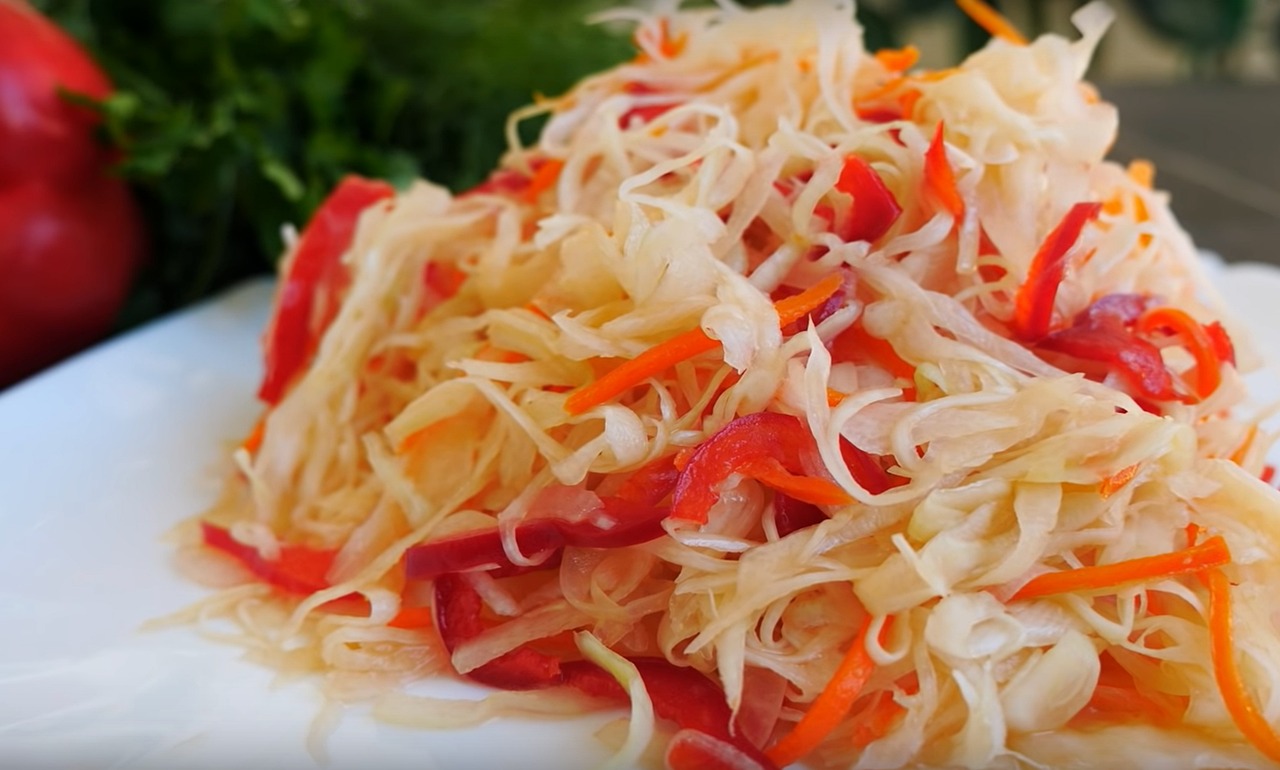Maintaining a healthy gut is essential for overall wellness, and one of the best ways to support your digestive system is by incorporating probiotics into your daily routine. Probiotics are beneficial bacteria that help balance the gut microbiome, improve digestion, and enhance immune function. Whether you’re looking to boost your gut health or simply improve your overall wellness, these essential probiotics are a must-have.
Why Probiotics Matter: Probiotics play a crucial role in keeping your gut flora balanced, which is vital for digestion, nutrient absorption, and immune support. An imbalance in gut bacteria can lead to digestive issues, weakened immunity, and even mood disturbances. By adding probiotics to your diet, you can help restore balance and promote a healthier gut.
Top Probiotic-Rich Foods:
- Yogurt: Rich in live cultures like Lactobacillus and Bifidobacterium, yogurt is a well-known source of probiotics that can improve digestion and boost the immune system.
- Kefir: This fermented drink is similar to yogurt but contains a more diverse range of probiotic strains, making it a powerful option for gut health.
- Sauerkraut: A fermented cabbage dish, sauerkraut is loaded with probiotics and fiber, making it an excellent choice for promoting digestive health.
- Kimchi: This spicy fermented vegetable dish, a staple in Korean cuisine, provides beneficial bacteria and antioxidants.
- Kombucha: A fizzy, fermented tea, kombucha is not only refreshing but also packed with probiotics that aid in digestion and detoxification.
- Miso: A traditional Japanese seasoning made from fermented soybeans, miso is rich in probiotics that support digestive health.
- Pickles: Naturally fermented pickles (not vinegar-brined) are a tasty way to add probiotics to your diet.
- Tempeh: Another fermented soybean product, tempeh is a protein-rich food that also offers probiotic benefits.
- Buttermilk: Traditional buttermilk, made from the liquid leftover after churning butter, contains probiotics that promote gut health.
- Natto: A fermented soybean dish popular in Japan, natto is rich in probiotics and vitamin K2, which supports bone health.
Supplementing with Probiotics: While getting probiotics from food is ideal, probiotic supplements can also be beneficial, especially for those with specific health concerns. Look for supplements that contain a variety of strains and have a high CFU (colony-forming unit) count for maximum effectiveness.
Conclusion: Incorporating probiotics into your diet is a simple yet powerful way to support your gut health and overall wellness. Whether through food or supplements, these beneficial bacteria can help maintain balance in your digestive system, improve immunity, and enhance your overall quality of life. Start your journey to better gut health today by adding probiotics to your daily routine!


No responses yet